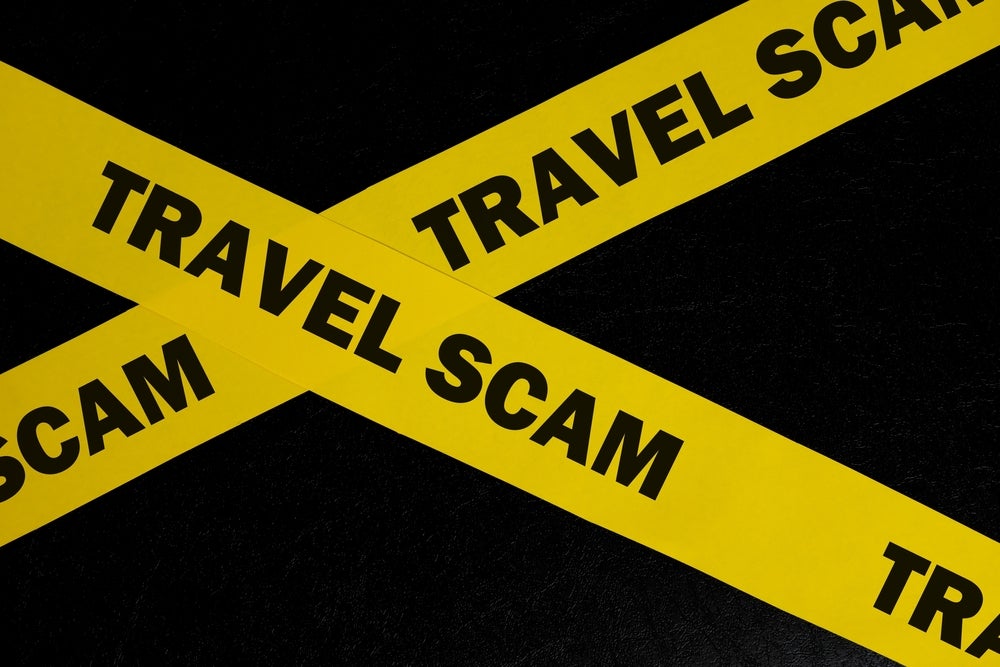IT security solutions provider McAfee has surveyed 6,000 adults in Australia, France, Germany, Japan, the UK and the US to highlight travel scam practices.
The research finds that while there is widespread enthusiasm for travel in 2024, this is being dampened by growing caution around criminal scams.
As a result of AI and deepfake scams, a third (34%) say their trust in planning and booking vacations has decreased, impacting revenue and booking rates for hotels.
The three most common scams that travellers encounter while booking a vacation are fraudulent payments after providing credit card or bank details on a fake site (15%), clicking on a malicious confirmation link from an unknown source (10%), and encountering manipulated holiday destination photos (8%).
McAfee highlights that travellers commonly receive unsolicited scam messages claiming to be from hotels. These ask for personal information or prompt guests to click on suspicious links.
Social engineering threats can see attackers posing as hotel staff to gain access to personal information or valuable belongings.
Public WiFi networks in hotels can also cause major issues if there is insufficient protection for guests’ devices.
Hoteliers should be aware of these tactics and invest in cybersecurity software and training for staff to identify scammers.
McAfee’s survey respondents also highlighted increased issues with rental accommodation scams, with 13% finding that their booked property didn’t exist after paying a deposit. This is a differentiator upon which hotel brands can capitalise to win guests back from the likes of Airbnb.












